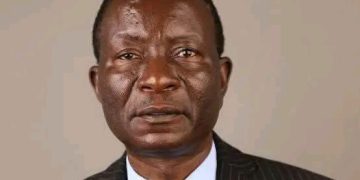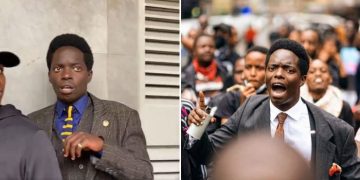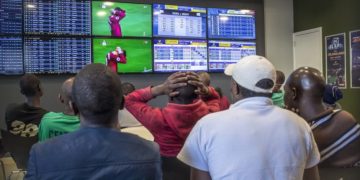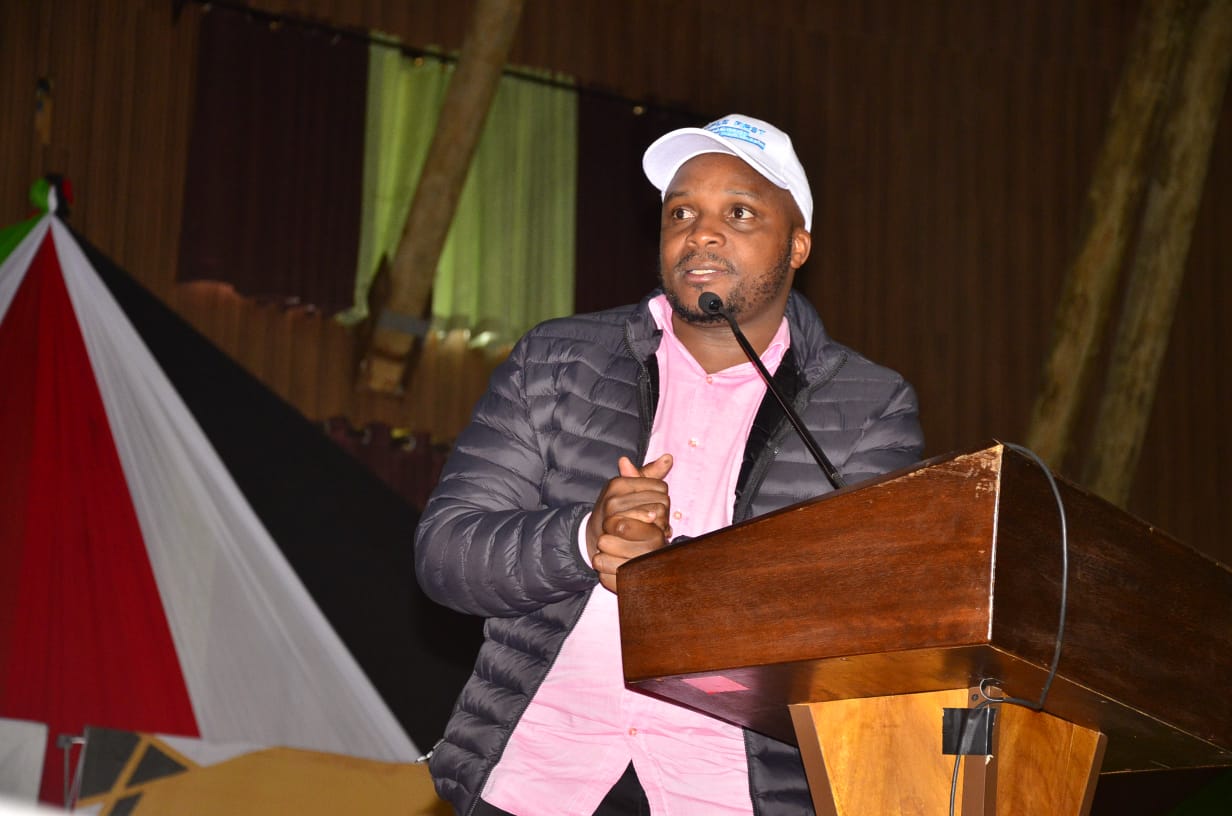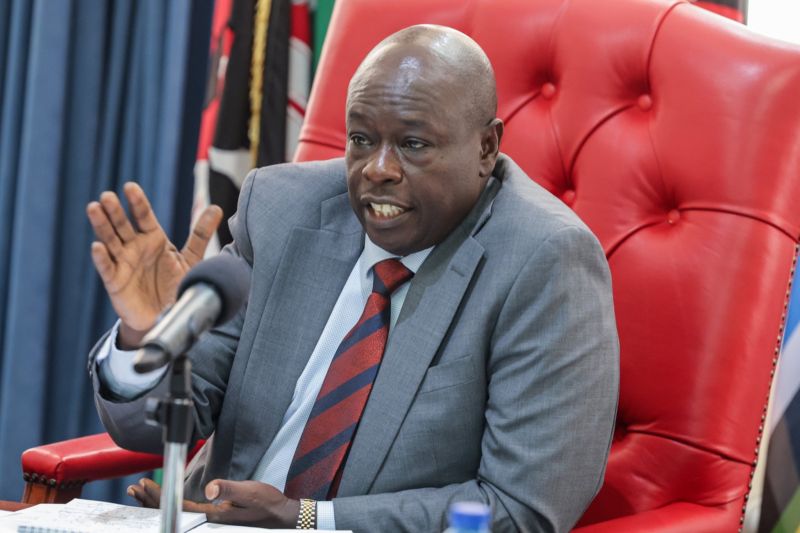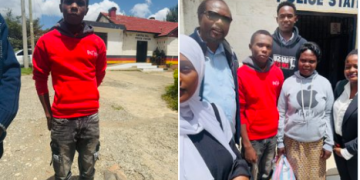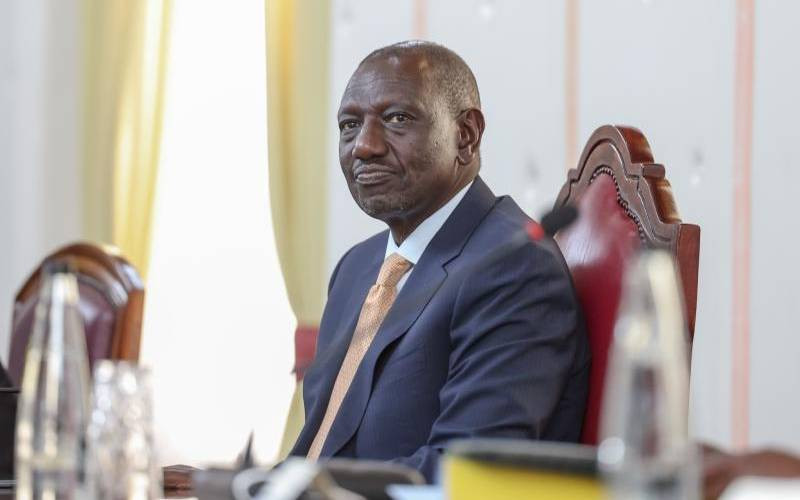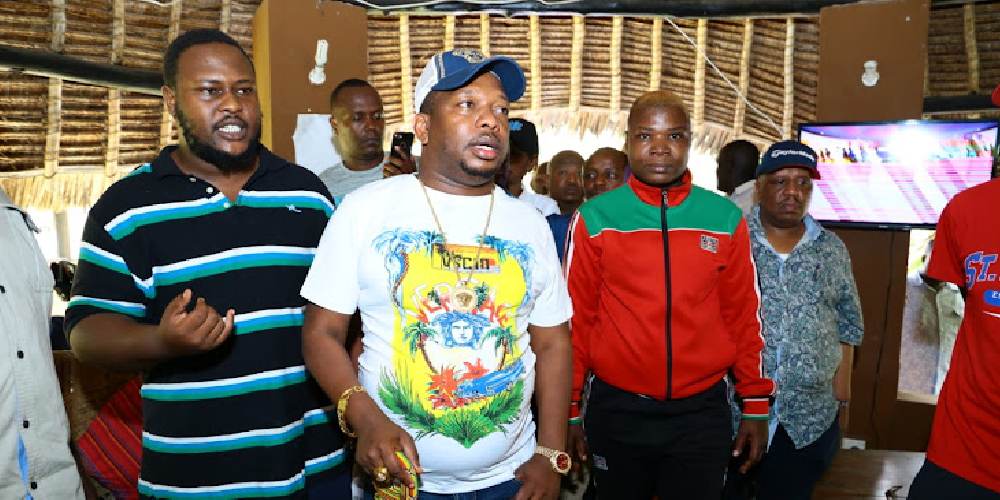Two months before his shocking death in Nairobi, Kasipul Member of Parliament Charles Ong’ondo Were had voiced serious concerns over threats to his life, citing growing insecurity and politically motivated violence within his constituency.
In a press briefing held in February 2024, the legislator raised alarm about what he described as a deliberate attempt to destabilize the peace in Kasipul through orchestrated attacks and intimidation. He lamented the rising incidents of violence that were seemingly targeted at him and his political allies, suggesting a coordinated effort to silence or intimidate his leadership.
During the briefing, Were recounted a harrowing incident that had occurred while he was attending a funeral in Got Nyang’o. According to the MP, his convoy was blocked by a group of armed individuals who had barricaded the road shortly after the funeral service. He credited his security detail for diffusing the situation, which he claimed could have easily turned fatal.
“I went to a funeral in Got Nyang’o, and after the event, the road I was supposed to use was blocked by a group of goons. Fortunately, I had security officers with me, and we managed to get through safely,” he told the press at the time.
The following day, another unsettling encounter occurred in Nyatindo, where he had gone to pay his respects at yet another funeral. As soon as he arrived, Were said, a well-known local criminal openly threatened him, warning that he would not be allowed to speak at the gathering. The MP said the hostility shocked mourners, many of whom were residents of the area and were angered by the blatant provocation.
“The villagers were visibly upset by the incident,” he said. “It was clear that this wasn’t just random unrest – it was well-planned and targeted.”
Were alleged that the violence was being fueled by individuals who were not residents of Kasipul. He accused unnamed actors of ferrying hired goons from Kisumu and Migori counties to cause chaos and threaten public safety in his area. He further suggested that these acts of aggression were politically motivated and meant to intimidate leaders who were focused on development and accountability.
In his statements, the MP urged law enforcement agencies to step in and investigate the rising wave of violence in the constituency. He emphasized that leaders must be allowed to serve their people without fear or intimidation, and that the safety of the public should be a top priority.
Tragically, Were’s fears would prove prescient.
On the night of Wednesday, April 30, 2025, Charles Ong’ondo Were was gunned down along Ngong Road in Nairobi, near the City Mortuary roundabout. According to police reports, he had just left a parliamentary session and was traveling in his vehicle. He was seated on the front passenger side when a motorcycle carrying two assailants pulled up beside the car. The passenger on the bike opened fire, targeting his side of the vehicle.
The attackers then sped off, leaving the MP fatally wounded. Emergency responders rushed to the scene, but Were succumbed to his injuries shortly thereafter.
His sudden and violent death sent shockwaves across the country, with leaders from both sides of the political divide condemning the killing and calling for a swift and thorough investigation. The circumstances surrounding his murder have since reignited concerns over the safety of public officials and the growing culture of impunity in political violence.
As investigations continue, many are reflecting on Were’s warnings, questioning whether more could have been done to protect him—and whether his killers will ever face justice.

